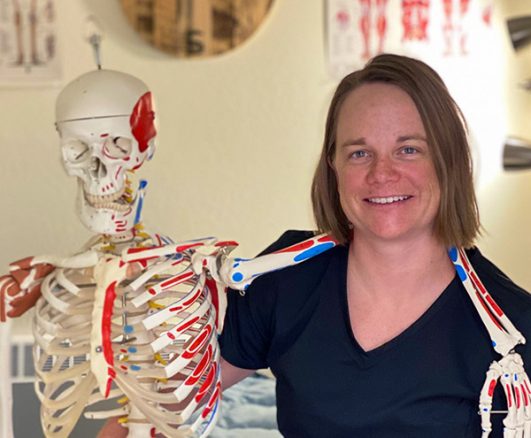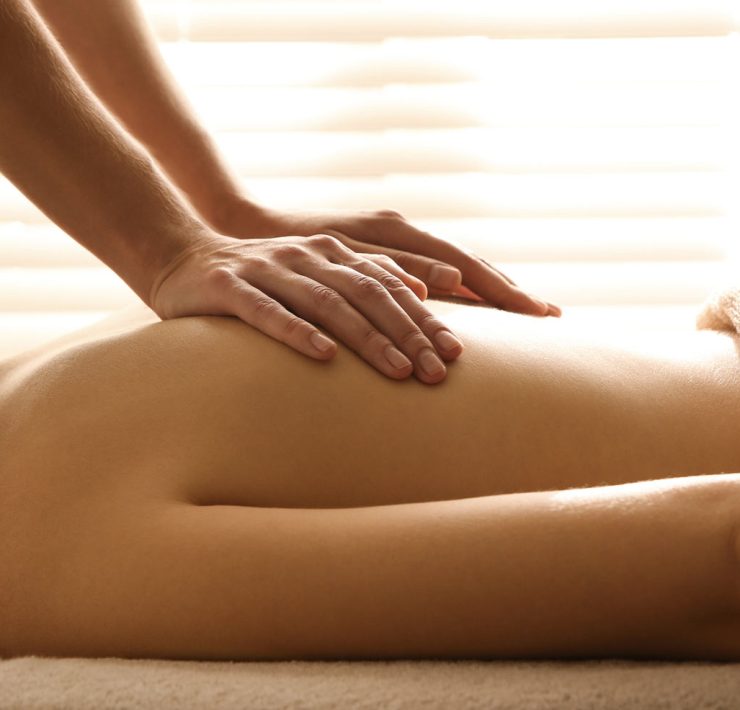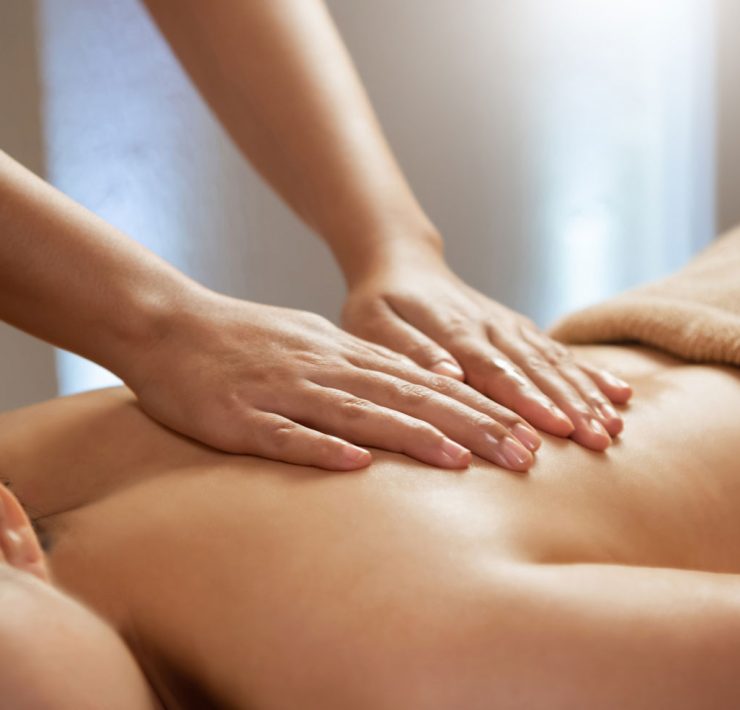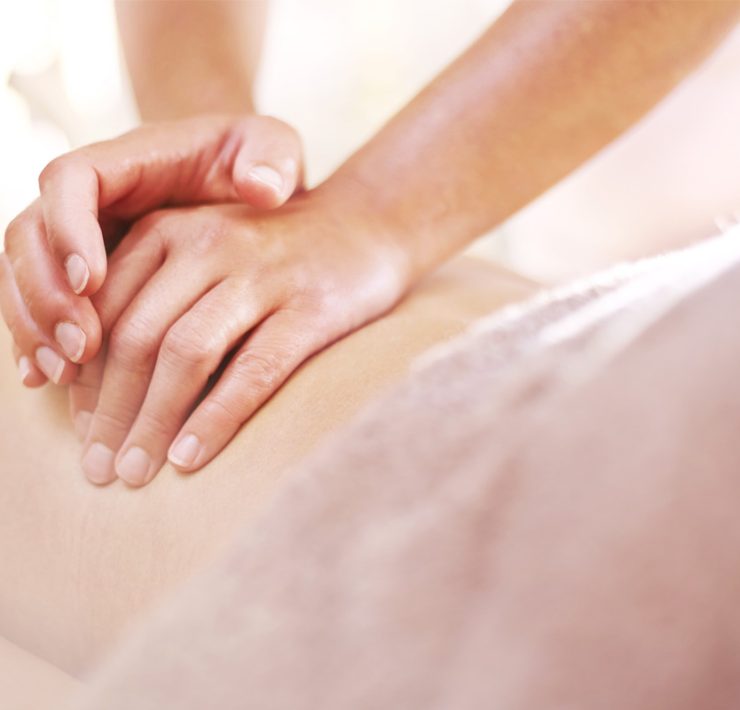Massage therapy is one of the most effective, natural methods of relaxation and physical recovery, whether you’re rehabilitating from an injury or you’ve simply had a stressful day. Numerous scientific studies have shown that massage provides measurable health benefits, which become even more valuable as we age.
Unfortunately, the miles we put on our bodies can also bring with them downsides like increased sensitivity to pressure, vulnerability in bones and joints, reduced suppleness in muscles and fascia, and other assorted bummers. These factors can affect the types of massage therapy you (or your older loved ones) should consider—and those you may want to avoid.
The Golden Rule of Perfectly Personalized Massage
So how should you address potential changes to your massage rituals as you age? Talk to your massage therapist. Tell them about any and all health factors affecting your life. Trust us, they want to know. A skilled massage therapist will consider a variety of clinical factors before beginning a massage to make sure you get the absolute greatest benefit from it—and avoid any possible harm. Here are the most important ones.
Health Conditions
Diabetes, arthritis, cancer, and heart conditions can definitely influence the type of massage best suited for you—and some clinical diagnoses even have specialized massage modalities to address their unique issues, such as oncology massage. Your massage therapist should choose massage techniques and motions that will not complicate or worsen these conditions. For example, lymphatic drainage massage should not be performed on people with congestive heart failure, a history of blood clots or strokes, or people with kidney problems or liver problems.
So be sure to inform your therapist of any chronic or acute health condition you’re currently experiencing, and he or she will make sure to deliver the treatment that best meets your health needs.
Skin Health & Dermatological Conditions
As we get older, the thickness and durability of our skin changes. It can become drier, thinner, and less resilient, which will affect the intensity of pressure and friction that can be applied safely during a massage. Too much pressure could result in irritation or even skin breakage. Discuss these concerns—along with more clinical conditions, such as eczema, rosacea, or psoriasis—with your massage therapist. He or she may recommend a gentler technique like Swedish massage and will appreciate knowing in advance if there are particular areas to avoid.
Previous Injuries
It’s important for all massage clients to inform their therapist of previous injuries, and the older you get, the more you may have accumulated. Previous injuries—even those that have healed well—can affect range of motion, sensitivity to touch in that area (including numbness), and the safety of working on that area at all.
A prior injury can also provide clues into pain in seemingly unrelated areas. For example, an ankle or foot injury can cause a limp that subsequently affects the low back contralaterally. If a therapist knows what injuries you’ve had they can target the massage more appropriately—even if the injuries seem like old news to you.
Medications
You must let your massage therapist know if you are taking one or more medications to treat any serious health conditions. For example, anticoagulant medications (blood thinners), may make a patient prone to bruising, and thus better suited to a gentler massage technique that avoids deep tissue work.
Another medication group your massage therapist needs to know about is pain relievers. Let your provider know if you’re taking any medications for chronic or acute pain, including OTC medications but especially prescription or opioid pharmaceuticals. John S. Stracks, MD, family medicine physician at Northwestern Medicine Osher Center for Integrative Medicine in Chicago, says “The massage therapists who work with my practice are always careful when giving deep tissue massage to someone on narcotic pain relievers.” This is because a patient’s pain perception may be altered by the medication, posing a risk of overtreatment.
These effects can also become more potent as we age, so an open dialogue with your massage therapist is especially important.
Pain Threshold
If your sensitivity to pain has increased over the years or if you’re unable to feel pain until it’s extreme, inform your massage therapist to avoid adverse effects later. You may feel pain differently as you age due to reduced blood flow and circulation, a health condition, or certain medications.
After taking all these considerations to mind, the massage therapist may decide to
- Change the intensity of pressure applied to your skin.
- Reduce the time of the massage: For example, geriatric massages are typically 60 minutes maximum due to the heightened sensitivities of an elderly client.
- Add supports like pillows or other cushioning for a more comfortable massage experience.
- Guide you into a side-lying position on the table if the typical face-down or face-up position is uncomfortable.
- Visit you at home for an in-home treatment if your mobility is limited or other conditions make travel a challenge.
After Your Massage
After your massage, you should exercise caution getting off the table. Massage can slightly alter your proprioception (perception of the position and movement of the body), and the first minute standing after the massage can feel like the room is spinning. While this post-massage wooziness is not specific to older clients, the more serious potential consequences of falling are worth keeping in mind.
Massage therapy is a non-invasive and effective way to relieve symptoms of many age-related conditions. Even the most gentle massage has positive effects on the nervous and circulatory systems, two of the most vulnerable biological systems to the effects of aging. With regular massage, one can experience increased energy levels, improved quality of life, and feel younger and healthier overall. Just make sure to seek the massage techniques that best complement your own body’s unique needs.

Reviewed by Melanie Peddle, LMT. Melanie has practiced massage therapy since 2012 and has an engineering background. She teaches at Western Colorado University in the areas of biomechanical engineering and adaptive sports applications. Meet our Editorial Review Board.







